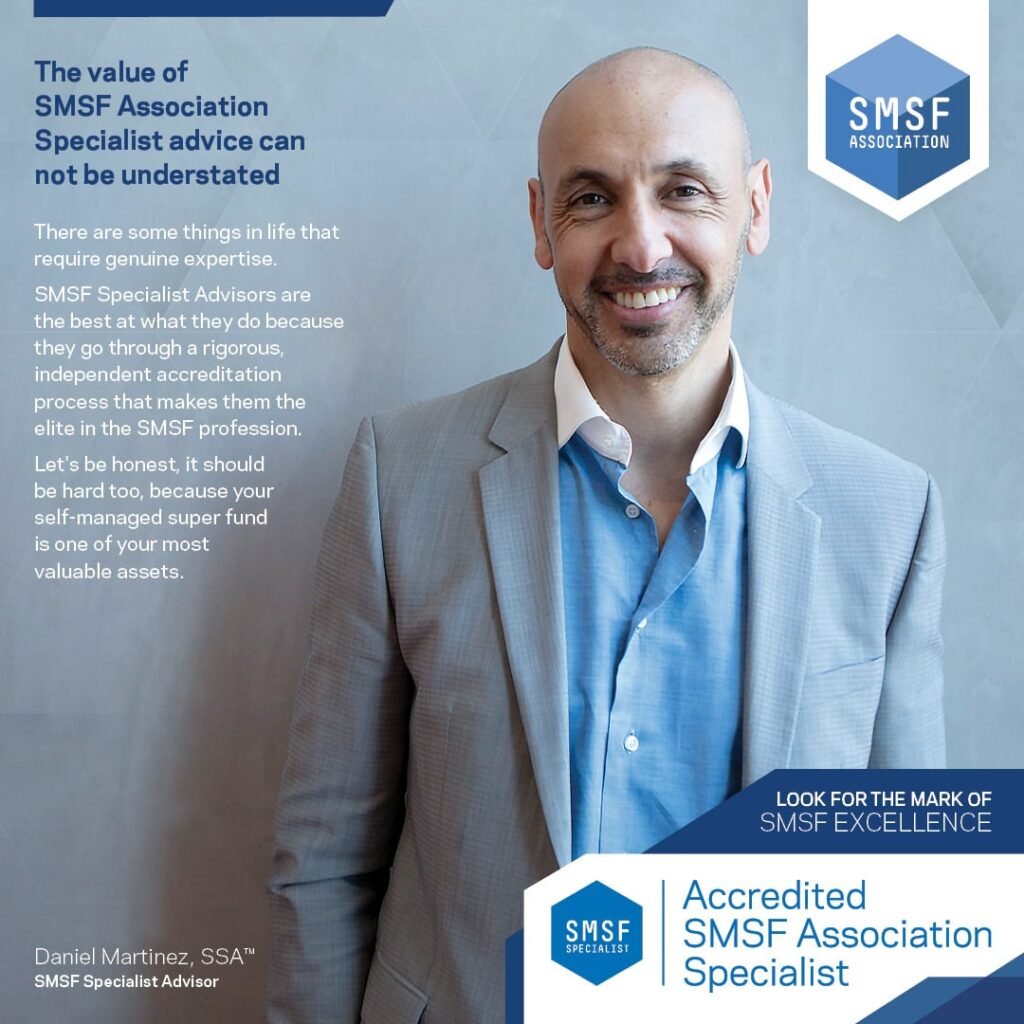Opinion piece written by John Maroney, CEO, SMSF Association
First published in Financial Review on 14 July 2022. Licensed by Copyright Agency.
The Future of Financial Advice Review offers an opportunity to get the balance right on compliance versus cost.
For self-managed super fund investors, financial advice has gone from the sublime to the ridiculous. Before the 2012 Future of Financial Advice (FOFA) reforms, some would have argued a necessary level of consumer protection was lacking. But after the FOFA reforms and then the 2018 Hayne royal commission, the pendulum has swung too far the other way.
SMSF investors suffer from a financial advice system that is so burdened by layers of regulation and complexity that it is collapsing under the weight of over-regulation that is prescriptive and punitive – with little discernible benefits to consumers. It is a system primarily driven by the need to avoid litigation rather than improve advice.
In this regulatory environment, the Quality of Advice Review could prove a circuit-breaker – an opportunity to reset the advice parameters to allow trustees to benefit from specialist advice that is scalable, affordable and accessible. It is imperative that government, regulators and industry seize this opportunity.
Statements of advice (SOA) are a prime example of how advice has become bogged down in compliance for compliance’s sake. Measures in SOAs such as the best interest duty, designed to improve consumer outcomes, have failed. They are bloated with information that is merely noise and of no value to the consumer. SOAs make it difficult to identify the advice being given, with their length and complexity almost guaranteeing that many trustees are unlikely to read, understand or engage with them.
When SMSF investors only want scoped or limited advice, advisers are often still required to undertake the full, fact-finding SOA process – which can take up to six weeks to prepare – despite the limited engagement. The number of disclaimers or warnings that must be included are excessive. Feedback suggests consumers are often given advice they do not require but must receive for compliance reasons.
Yet in other situations, SMSF investors can seek advice from a professional accountant or lawyer and obtain advice far more quickly and efficiently on new structures and other legal and/or financial issues.
So, the system for providing financial advice should be scalable in accordance with the risk involved, the number of areas of advice and the complexity or simplicity of the matter. The consumer’s level of financial knowledge and sophistication should also be a factor.
Identifying the value
Take starting a pension, for example, a common procedure for SMSFs. SMSF investors should be able to get advice solely related to it. Instead, the unnecessary para-planning and compliance involved can comprise most of the fee charged. This undermines the economics of the financial advice process and helps explain why many shy away from advice.
An improved consumer-focused financial advice framework should recognise that the highest value is in the professional and consumer interaction and the implementation of that advice, and not the compliance documents.
What is urgently needed is a new, high-level consumer document that will allow SMSF investors and others to get advice on a single issue such as superannuation. The SMSF sector is tailor-made for single issue, strategic advice.
Such a system would separate product advice from strategic advice, recognising that the latter is of increasing interest to SMSF investors. Additionally, the cost of comprehensive advice makes it even more imperative that SMSF investors can get piece-by-piece strategic guidance.
In this regulatory environment, strategic advice could be the foundation of a consumer-focused framework. This could ultimately allow appropriately educated specialist advisers to provide strategic advice on areas such as superannuation, retirement and cash flow without specific reference to financial products.
It would also address the perception that financial advice is simply the “selling of products” and, in time, engender greater consumer belief in the advice system. If product advice were required, there would be additional education requirements, compliance obligations and documentation provided to ensure consumers are protected.
A strategic advice model would allow suitably qualified professionals to practise under a “no product recommendation” environment that would give advisers greater flexibility to provide SMSF investors with strategic advice without conflicts of interest – a regulatory environment that surely reflects the true intent of FOFA and the Hayne royal commission.

Navigate your self managed super with an SMSF Specialist by your side
One of the greatest advantages of having your own self managed super fund is its flexibility. You can invest in new opportunities and adjust your asset allocations as and when you want to.
Now is the ideal time to seek the assistance of a trained and independently accredited SMSF Specialist to review, evaluate and adjust your SMSF to ensure it capitalises on new opportunities and new realities as they emerge from the current global crisis. Or, alternatively, to assist you with the set up process, and guide you through complex and uncertain times.
To find an independently accredited SMSF Specialist near you, click the button below.

